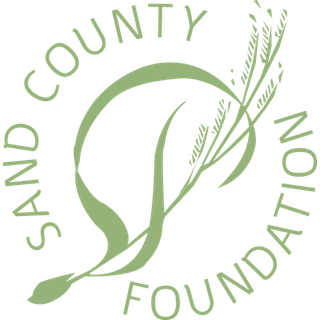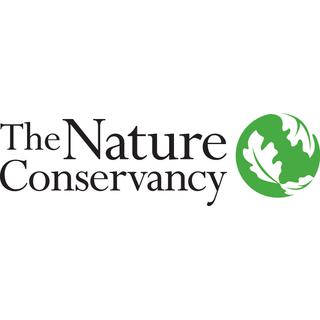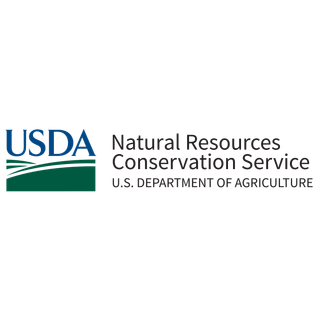Miller Ranch
When Ken Miller took over the family ranch in the 80s, he knew the management practices he was taught growing up would need to evolve if he expected to pass on the family ranch legacy onto his children.
In 1984, Ken and his wife Bonnie received a sponsorship to attend a holistic resource management school in New Mexico. It was there they realized their current management had little reasoning behind it besides that it was the way things had been done.
Armed with new approaches to ranch management, the Millers turned three pastures into 18 with cross-fencing to allow more recovery time between grazings. They moved the calving season later in the spring, and they transitioned to no-till practices on all cropland while adding diversity to their crop rotation. These management practice were done to mimic and work with nature.
The Millers continue to strive for improvements. The ranch now contains over 60 paddocks on grasslands, and 18 more under a center pivot irrigation system. Their management techniques allow them to leave more grass after grazing season than before, and they have increased carrying capacity of the ranch threefold.
The Millers strongly believe that soil makes up the foundation for everything they can accomplish in agriculture. In Ken’s words, “it’s the herd under the ground that we need to be managing.”
When the family began focusing on building up the soil's biology, the plants became healthier and more resilient. This gave more nutrition to their increasingly healthier cattle.
A community leader, keen to share his experience with others, he has spoke about soil health and conservation in Australia. As a founding member of the North Dakota Grazing Lands Coalition, Ken and his family regularly inviting people to their land to learn about their practices.
“The Millers value health of the entire ecosystem. They believe healthy soils form the foundation of health for all other items built upon it: plants, animals and humans. Their management goes well beyond conservation, extending far into the realm of a healthier whole systems approach that provides multiple layers of benefits for every level of the soil-plant-animal-human complex,” said Joshua Dukart, a rancher and certified educator of holistic management.








